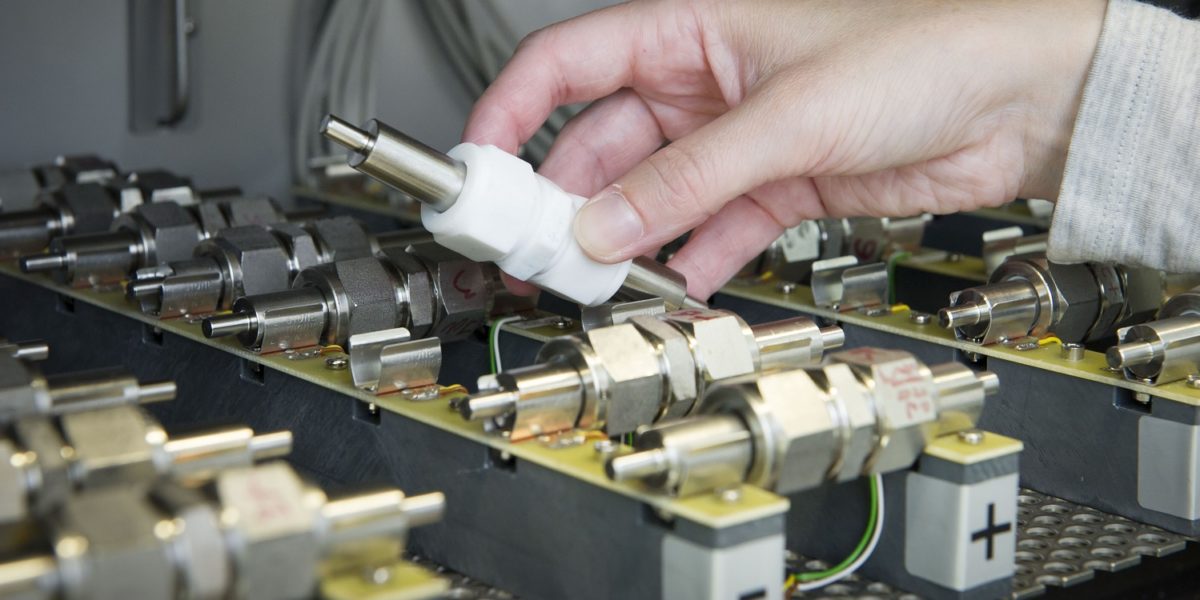The researchers tested an electrode made from organic copper porphyrin, and measured storage capacities of 130-170 milliamperes per gram (mAh/g) at an average of 3 volts, with experiments suggesting that the capacity could be increased by as much as another 100 mAh/g.
The researchers also measured charging/discharging times of just one minute, considerably faster than current lithium-ion technology. “The storage properties are exceptional because the material has the storage capacity of a batter but works as fast as a supercapacitor,” explains lead researcher Maximilian Fichtner.
Porphyrins occur frequently in nature, forming the basis of chlorophyll in plants and blood in humans and animals. Variants of the material are already used industrially in paints and inks. For the electrode, the researchers added functional groups to the organic copper porphyrin molecule, with these, the structure becomes crosslinked and improves the electrode’s stability. According to a press release from Karlsruhe Institute of Technology, which sponsored the research, the structure allows for several thousand charge/discharge cycles.
This content is protected by copyright and may not be reused. If you want to cooperate with us and would like to reuse some of our content, please contact: editors@pv-magazine.com.




By submitting this form you agree to pv magazine using your data for the purposes of publishing your comment.
Your personal data will only be disclosed or otherwise transmitted to third parties for the purposes of spam filtering or if this is necessary for technical maintenance of the website. Any other transfer to third parties will not take place unless this is justified on the basis of applicable data protection regulations or if pv magazine is legally obliged to do so.
You may revoke this consent at any time with effect for the future, in which case your personal data will be deleted immediately. Otherwise, your data will be deleted if pv magazine has processed your request or the purpose of data storage is fulfilled.
Further information on data privacy can be found in our Data Protection Policy.